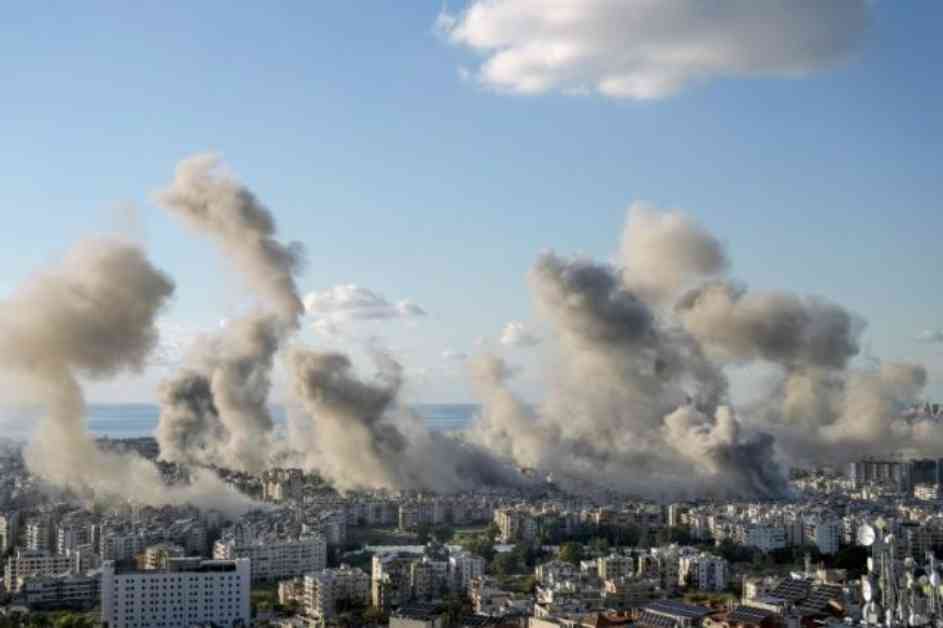Israel and Hezbollah Ceasefire Ends 14-Month Conflict
A ceasefire agreement between Israel and Lebanon’s Hezbollah was approved on Tuesday, marking the end of nearly 14 months of intense fighting related to the ongoing conflict in the Gaza Strip. The ceasefire was brokered by the United States and is set to take effect at 4 a.m. local time on Wednesday.
Israeli warplanes carried out a series of strikes in Beirut and its southern suburbs prior to the ceasefire announcement, resulting in at least 24 casualties across the country. Israel has indicated its intention to continue targeting Hezbollah until the ceasefire officially begins.
The ceasefire deal, approved by Israel’s security Cabinet, calls for a two-month initial halt in fighting. It requires Hezbollah to end its armed presence in southern Lebanon, while Israeli troops would return to their side of the border. Additionally, thousands of Lebanese troops and U.N. peacekeepers would deploy in the south, with an international panel monitoring compliance from all sides.
While the agreement is a significant step towards reducing tensions in the region, concerns remain about its implementation. Israel has emphasized its right to respond if Hezbollah violates the terms of the truce. Lebanese officials have pushed back against including this provision in the proposal.
Israeli Prime Minister Benjamin Netanyahu underscored that any violation by Hezbollah would be met with a strong response. He highlighted that the ceasefire would enable Israel to focus on its primary adversary, Iran, which supports both Hezbollah and Hamas.
Hezbollah has accepted the ceasefire proposal, but a senior official expressed the need to review the final agreement to ensure it aligns with Lebanon’s sovereignty. The group is committed to ending the aggression while safeguarding the state’s territorial integrity.
As preparations for the ceasefire continue, Israeli forces have intensified their campaign in Lebanon, targeting Hezbollah strongholds. The airstrikes have caused significant damage and casualties, prompting evacuation warnings in multiple areas, including parts of Beirut.
Despite the ceasefire agreement, both Israel and Hezbollah have engaged in continued hostilities, with rocket fire from Hezbollah triggering air raid sirens in northern Israel. The situation remains volatile as both sides maintain their positions.
In the lead-up to the ceasefire, Israeli ground troops clashed with Hezbollah forces near the Litani River in southern Lebanon, destroying rocket launchers. The ceasefire deal requires Hezbollah to relocate its forces north of the Litani, a key provision aimed at reducing the risk of further conflict.
The ceasefire agreement represents a significant development in the region’s security landscape. It offers a glimmer of hope for stability and peace, although challenges persist in ensuring lasting compliance and preventing future escalations. The international community, including the United States, plays a crucial role in supporting the implementation of the ceasefire and fostering dialogue between the conflicting parties.
